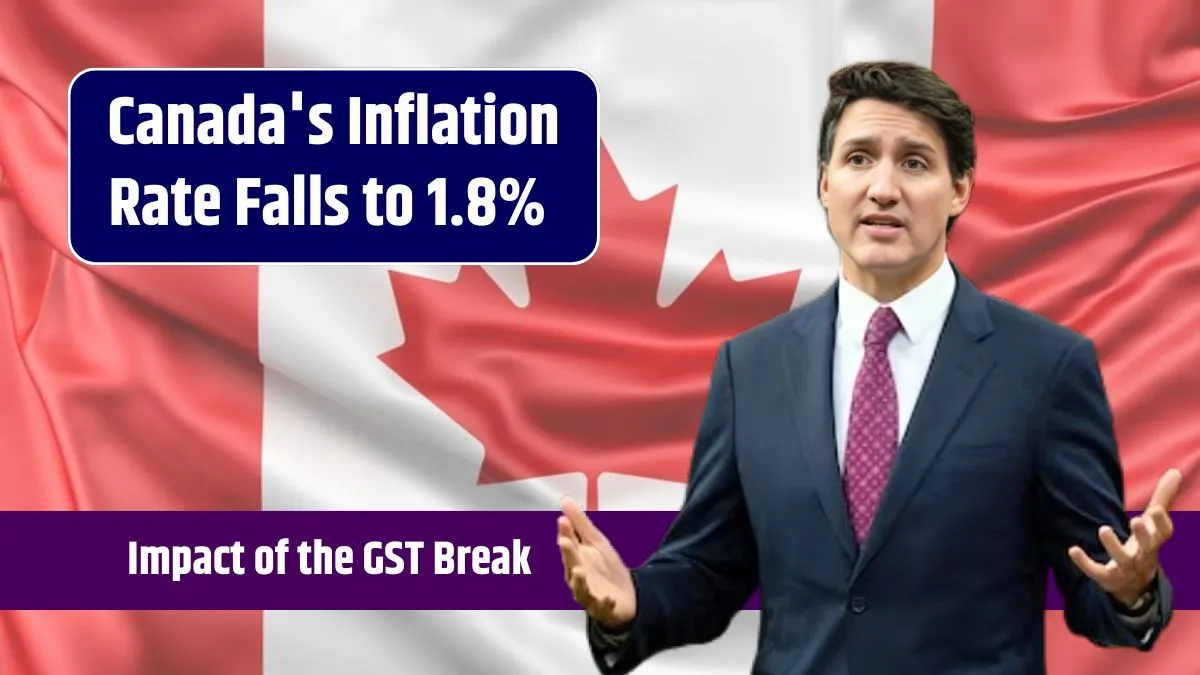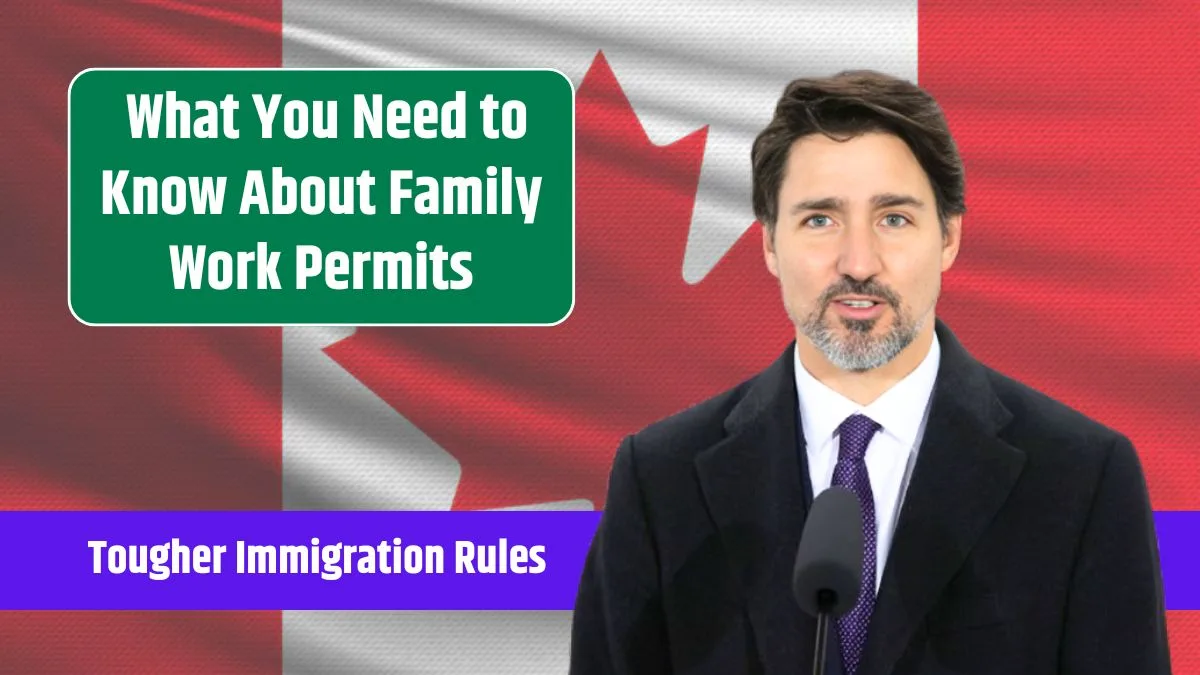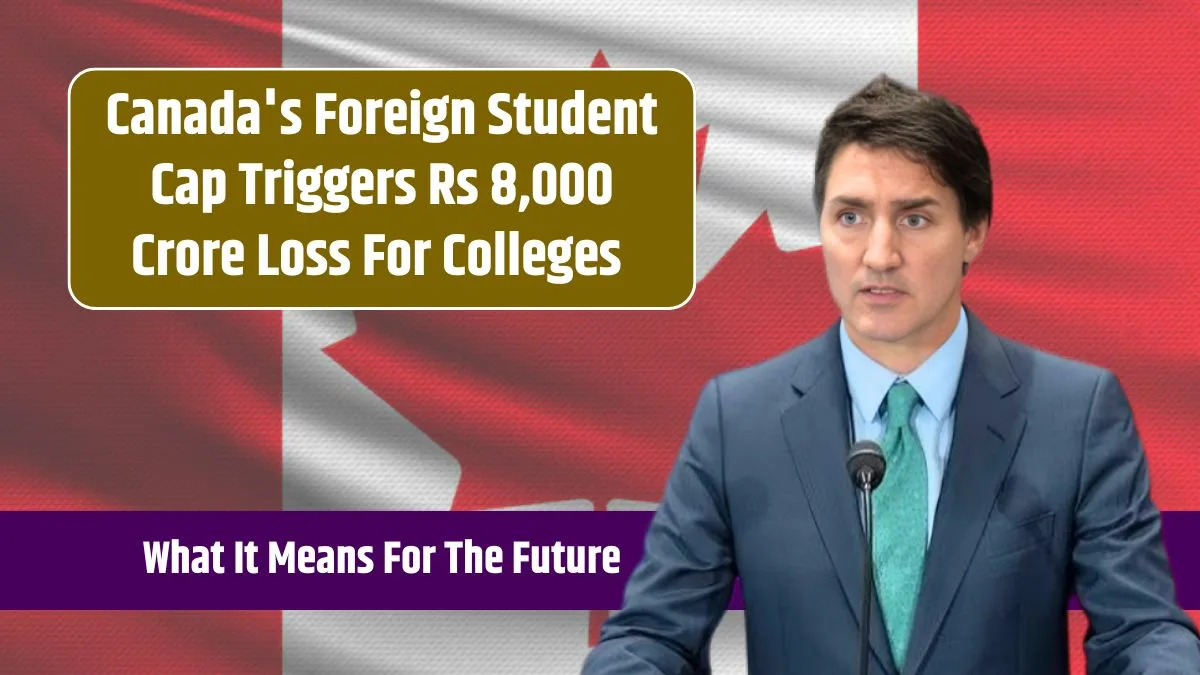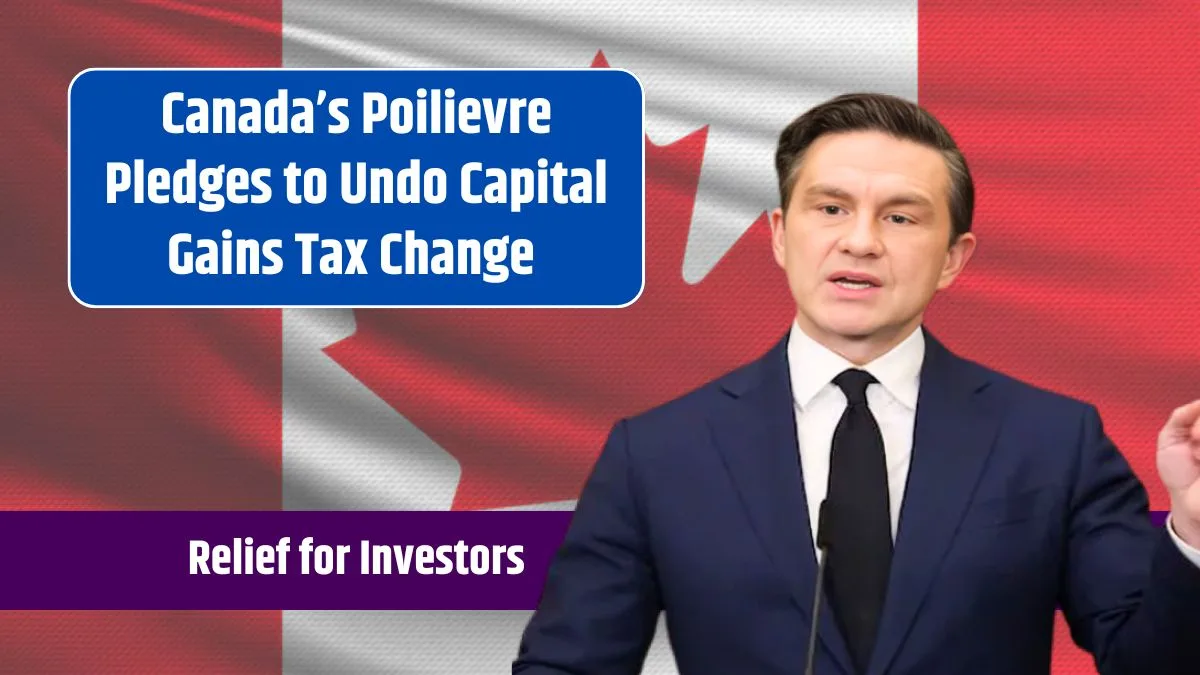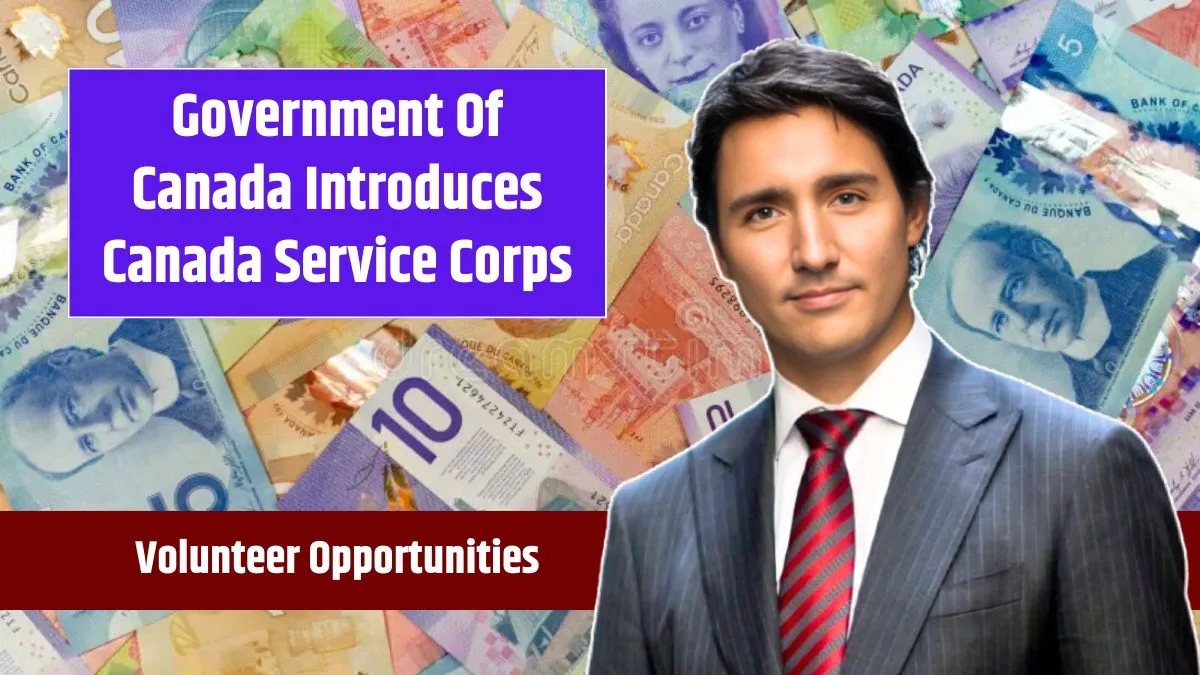Canada’s annual inflation rate slowed to 1.8% in December, down from 1.9% in November, largely due to the introduction of a temporary GST tax break on various goods and services. This unexpected dip has fueled speculation about a potential interest rate cut by the Bank of Canada later this month. Let’s unpack what’s driving inflation, the tax break’s impact, and what it means for the economy.
Slowdown
The GST tax break, implemented in mid-December, played a key role in reducing inflation. According to Statistics Canada, 10% of items in the CPI basket were affected, including:
- Food (particularly restaurant meals)
- Alcoholic beverages, tobacco, and recreational cannabis
- Recreation, education, and reading materials
- Clothing and footwear
Price Movements
- Restaurant food prices: Fell 1.6% year-over-year and dropped 4.5% month-over-month.
- Alcoholic beverage prices: Declined 1.3% annually and 4.1% monthly.
- Toys and games: Saw a significant 7.2% price drop in December compared to 0.6% in November.
However, shelter prices continued to rise, although at a slightly slower rate.
- Rent prices: Increased 7.1% year-over-year (down from 7.7% in November).
- Mortgage interest costs: Grew 11.7% annually in December.
On a monthly basis, the CPI decreased 0.4%, but when adjusted for seasonal factors, it rose 0.2%.
Economists
Economists are interpreting the inflation slowdown as largely driven by temporary factors like the GST tax break.
Impact
CIBC economist Andrew Grantham noted, “The tax break’s mid-month introduction means its full impact will likely show in January data.” Despite the volatility, Grantham expects underlying inflation pressures to remain near 2%, aligning with the Bank of Canada’s target.
Interest Rate Outlook
There’s growing confidence that the Bank of Canada will cut its benchmark interest rate by 25 basis points at its January 29 meeting.
- Markets: Betting an 81% chance of a rate cut.
- BMO Capital Markets’ Douglas Porter: Views the GST-related dip as a reason for the Bank of Canada to act, especially given lingering trade uncertainty and potential U.S. tariffs.
Porter highlighted that while some core inflation measures have increased over three months, risk management concerns may lead the Bank of Canada to prioritize economic stability over inflationary concerns.
Broader Impacts
The GST tax break primarily benefited consumers by reducing costs on discretionary items like restaurant meals and toys. However, some categories, such as shelter and mortgage costs, continue to exert upward pressure on inflation.
Major Impacts
| Category | Annual Change | Monthly Change |
|---|---|---|
| Restaurant Food Prices | -1.6% | -4.5% |
| Alcoholic Beverages | -1.3% | -4.1% |
| Toys and Games | -7.2% | N/A |
| Shelter Prices | +4.5% | N/A |
| Rent Prices | +7.1% | N/A |
| Mortgage Interest Costs | +11.7% | N/A |
While the GST holiday has helped curb inflation in the short term, rising housing costs and global trade uncertainty pose challenges for sustained economic stability.
Looking Ahead
The Bank of Canada’s decision on January 29 will be closely watched. Economists believe the inflation slowdown, combined with trade risks, may provide sufficient justification for a rate cut. However, as GST effects fade, inflation could stabilize near the 2% target.
Consumers can expect January’s inflation reading to reflect the full impact of the tax break, offering further relief on affected items. But for those grappling with rising shelter and mortgage costs, long-term affordability remains a concern.
SOURCE – LINK
FAQs
Why did inflation slow in December?
The GST tax break reduced prices on various goods and services.
Which items saw the biggest price drop?
Restaurant meals, alcohol, and toys saw significant price declines.
What is the Bank of Canada’s inflation target?
The target is 2%, within a range of 1% to 3%.
Will interest rates be cut this month?
Markets expect a 25 basis-point cut on January 29.
How did shelter costs change in December?
Rent rose 7.1% and mortgage interest costs grew 11.7%.

